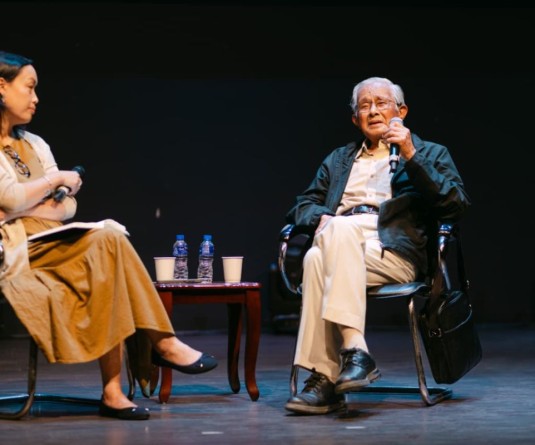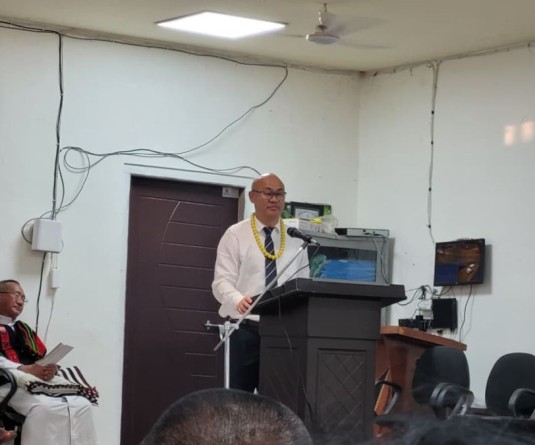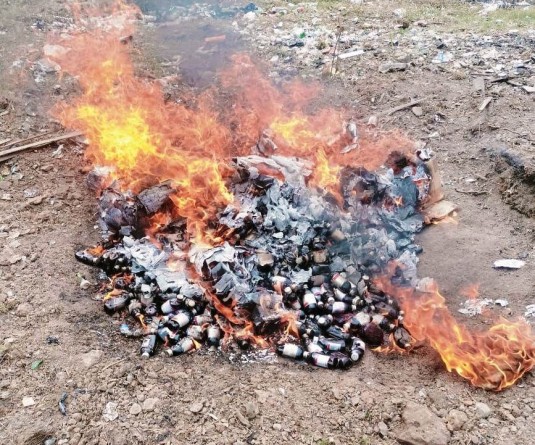
Dimapur, March 7 (MExN): In the quest for a principle-based solution, the Framework Agreement is the cornerstone of the Indo-Naga relationship and a solution both parties have been working towards, the NSCN (IM) reiterated today.
It also asserted that it is a “bridge, not a wall,” and no one should ever attempt to tear down the Framework Agreement.
“It was purchased with the precious sweat, blood, and tears of hundreds of thousands of revolutionary patriots,” it added.
Contextualising the contention, the NSCN (IM) reminded that the Naga movement is neither a case of secessionist movement nor a law and order problem of India, terming it a pure case of “invasion and forceful occupation.”
The world is “well informed of the Naga people’s resistance movement against the Indian aggression” since the start of the movement, it maintained.
It further claimed that in an attempt to subdue the Nagas through “sheer military might,” India sent thousands of armed forces to Nagalim, resulting in the loss of hundreds of thousands of innocent lives, but they refused to yield.
The NSCN (IM) also alleged that the “Government of India (GoI), in collusion with Naga traitors, tried desperately to hook the Naga issue in the name of a bogus Naga People’s Convention (NPC) and made the so-called 16-Point Indian-drafted memorandum without the knowledge and consent of the mandated Naga national leaders.”
The agreement, it held, was to make the Nagas a divided house, but it was resisted. Likewise, the NSCN (IM) considered “The Shillong Accord” another attempt to “subjugate the Nagas through political chicanery.”
“However, it was totally condemned and rejected by the Naga National Assembly for the very reason that it betrayed the Naga national principle,” it added.
Thereafter, after twenty-two years of “bloody confrontation,” the GoI and NSCN (IM) reached a ceasefire agreement in 1997 and embarked upon a series of political negotiations, finally signing the historic Framework Agreement on August 3, 2015, in New Delhi.
The presence of Prime Minister Narendra Modi, the then Home Minister Rajnath Singh, Chief of Army Staff Gen Dalbir Singh Suhag, National Security Advisor Ajit Doval, and other dignitaries, along with a host of NSCN leaders and the live telecast of the signing on all TV channels, reflected its significance, it implied.
According to NSCN (IM) the Framework Agreement “recognises the unique history of Naga independence; it recognises the sovereignty of the Nagas and it also states the coexistence of the two entities (India and the Nagas) sharing sovereign power (shared sovereignty).”
“It was also agreed that Nagas are the owners of their land, anything on the surface and beneath it,” it added.
To this end, the NSCN (IM) reiterated its stand that Nagas are definitely for a solution that “respects their sovereign right.”
“We are for peace, but we do not buy peace at the expense of our future. Nagas are friendly to everyone, but we do not make friendship with others who have betrayed their identity. Nagas are building their state on the Naga foundation. However, we believe in the principle of coexistence with other communities,” it asserted.






